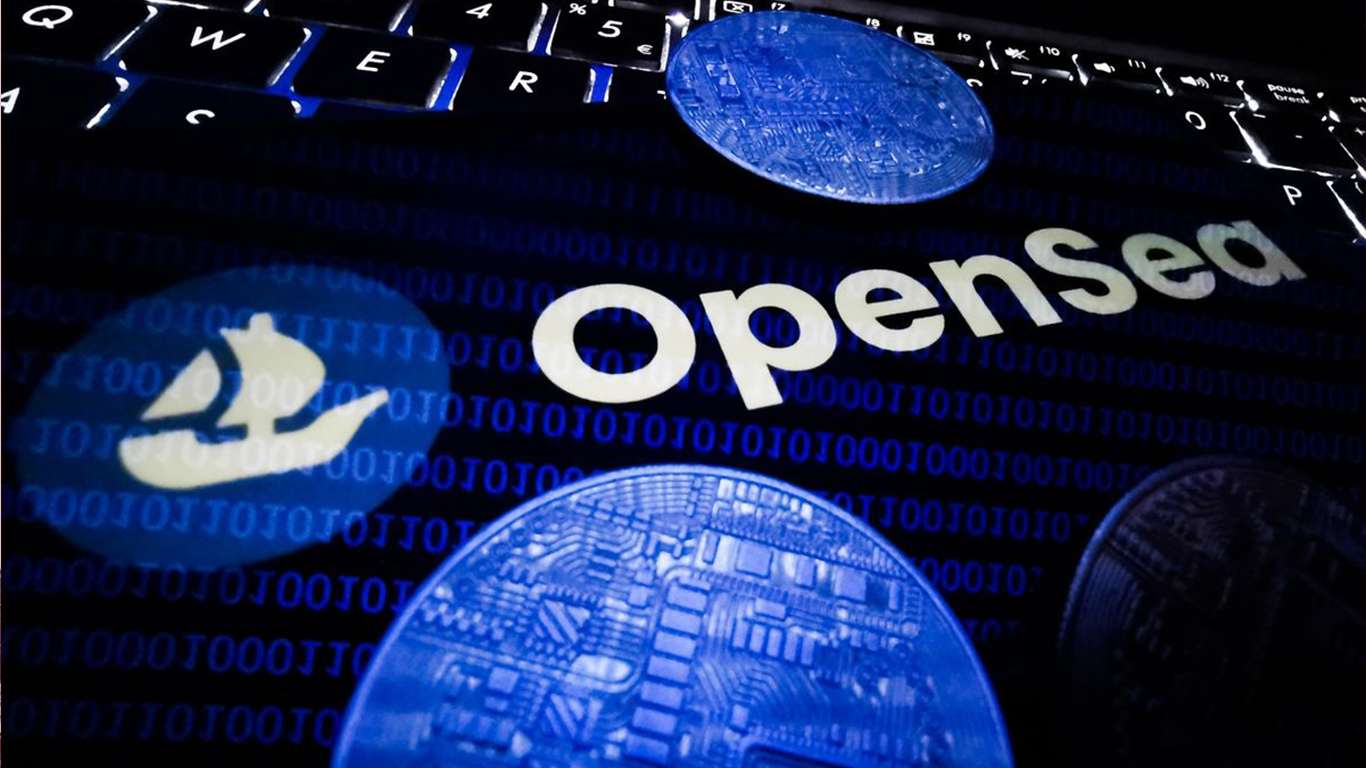On Tuesday, the leading marketplace for non-fungible tokens (NFTs), Opensea, announced migration from the back-end Wyvern protocol to its self-developed Seaport protocol.
Opensea believes the transition could significantly reduce gas fees by about 35%, amounting to an estimated yearly savings of $460 million for users. It will also remove the new account initialization fees leading to potential annual savings of $120 million.
“Seaport is a game changer, it’s open source, inherently decentralized and a modern foundation that will help us (and any teams using it) build and release new features more quickly.”
said Opensea.
Last year, the Ethereum network got stretched due to several high-profile NFT drops on Opensea, pushing the gas fees sometimes to even hundreds of dollars. And many users reported transaction failure losses. However, gas fees have come down as of late.
The update will also add new features such as improved wallet signatures, the ability to buy multiple NFTs in a single transaction, and real-time creator fees.
Sellers on Opensea will now have to pay a one-time fee to sell new NFT collections.
In a separate announcement, the platform also posted a key security-related update, following the incidents of NFT theft, that will automatically hide suspicious NFT transfers. This feature will only allow legitimate transactions to be displayed publicly and prevent users from being scammed.
Opensea will also make substantial investments to improve upon areas related to security, including IP infringement, theft prevention, moderation, and response-time management.








